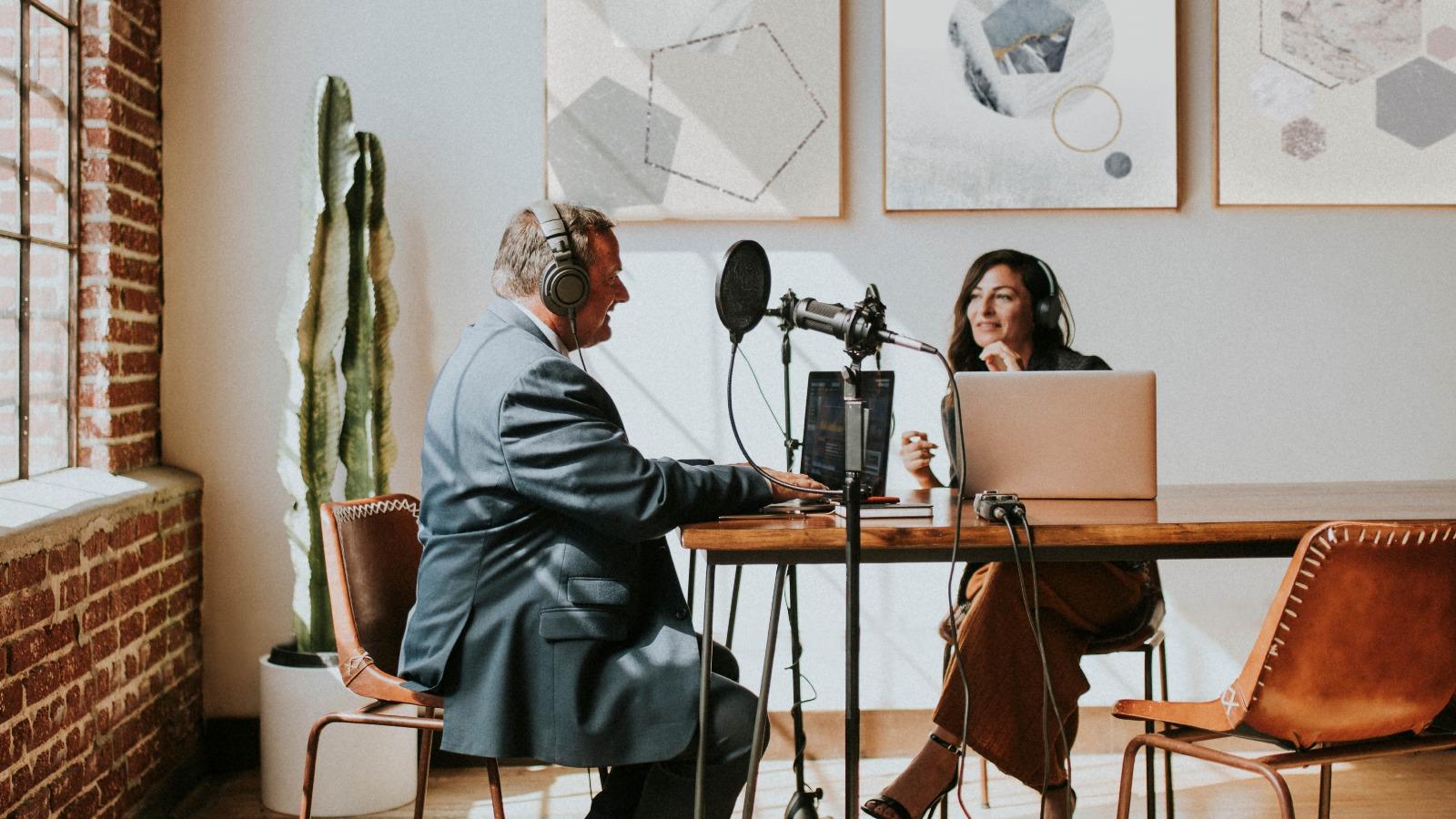{{item.title}}
{{item.text}}

{{item.text}}
Insights to help you solve today's business challenges and prepare to take on what comes next.

Today's top performing business leaders look beyond functional excellence. Instead, they're aiming for reinvention across their business. The PwC Pulse podcast explores how business leaders are making key investments to increase speed to market, create new ways of working, and improve end-to-end performance.
PwC Pulse podcast episodes cover a broad spectrum of business topics such as Generative AI (GenAI), climate change, talent, trust, and more. Listen in as top executives across industries share insights on how they have reimagined their businesses, strengthened resilience and accelerated growth in the face of uncertainty. Join our community of business leaders.
Listen in to PwC Pulse podcast conversations here or follow our series on Apple Podcasts, Spotify, YouTube Music, TuneIn and more.
{{item.text}}

{{item.text}}
{{item.text}}

{{item.text}}